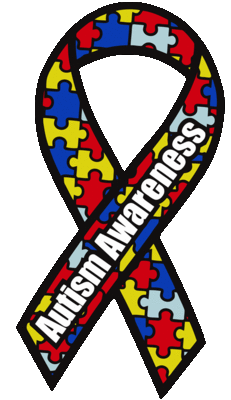
According to a fascinating new study, the answer is “YES”. An article written by Mike Bundrant, a retired psychotherapist and regular contributor to PsychCentral, discusses how the study was conducted and the discoveries it made.
Researches from the University of California, Yale and Facebook examined Facebook posts created between January 2009 and March 2012. They especially focused on how the weather influenced the posts. They found that the mood reflected in the post generated similar postings. For example, negative comments generated negative posts. However, they found that the positive comments generated more positive posting. Either way, the study shows that the mood has the capability of going viral around the globe.
That’s a lot of power! People have, at times, exploited this power to generate political and social unrest. Since Facebook has 1.23 billion users as of January 2014 and Twitter has 243 million active users, it’s very likely that you are using one of these or a similar Social Media site to stay connected with your friends, family and community. So how can you protect yourself from being infected by the negative posts? Here are some suggestions:
- Consciously monitor your own mood, before logging onto your Social Media.
- Be proactive and share your happy mood.
- Before you get agitated over a comment, make sure you have all the facts. Check the source and verify “facts”.
- Feeling down? Re-read your post, and make it more positive before you hit the send button. You’ll be helping yourself and others.
- If someone consistently posts things that alter your mood in a negative way, don’t hesitate to unfollow them.
- Start your day with positive thoughts, rather than reading Social Media first thing every morning.
- Increase your face-to-face contact with people who help you stay positive.
- Log off and go do something you really enjoy – walking, playing with your pet, gardening, and so forth.
Do you have any experiences with this that you’d like to share? Join me on Facebook (www.facebook.com/Kathy.Marshack.Ph.D ). Yes, I’m on Facebook. It’s one way of reaching and helping more people through support and education. But let’s keep it helpful and positive!







